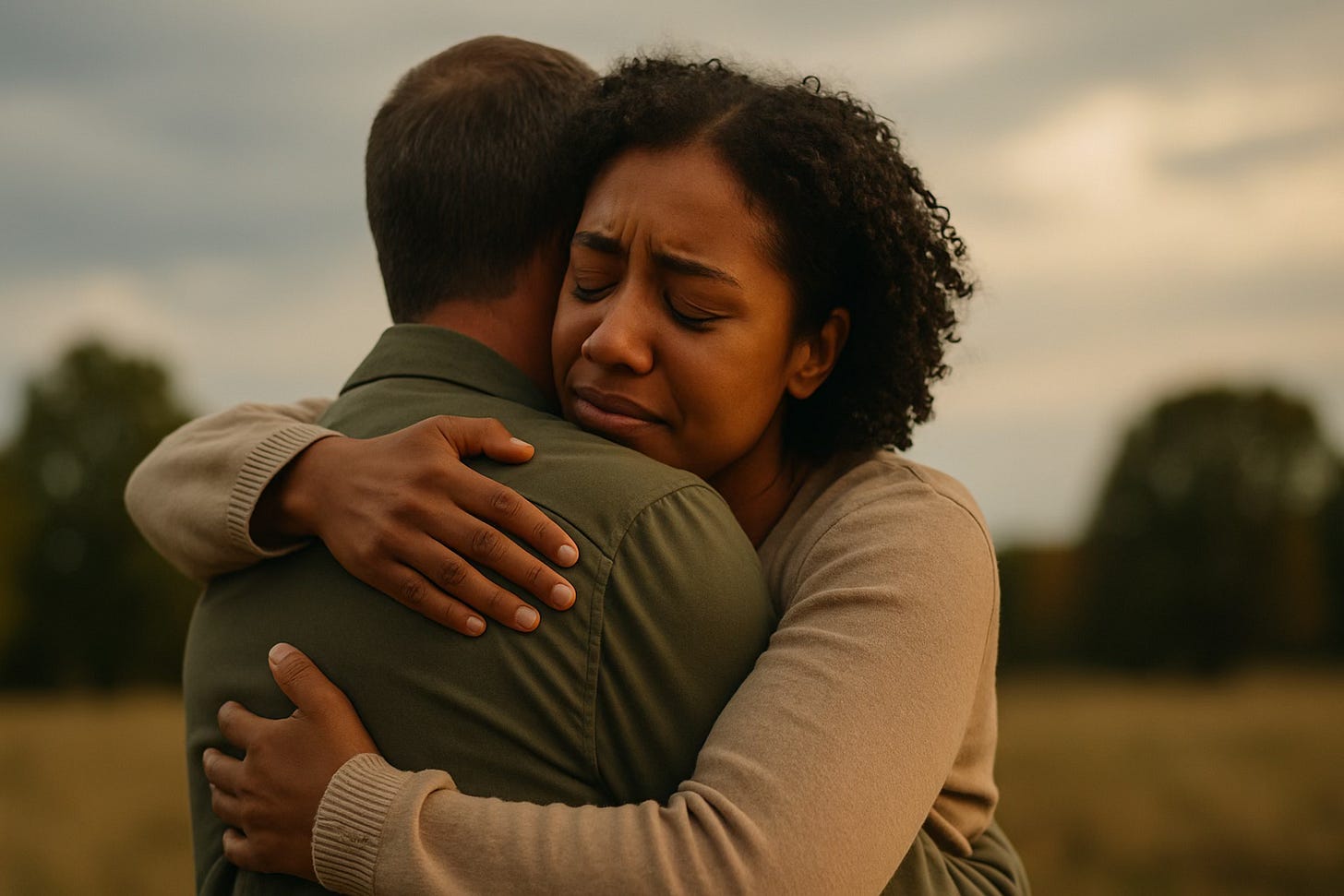The Hidden Power of Gratitude and Forgiveness
Why gratitude and forgiveness are more than virtues—they’re lifelines in love and life.
A recent study led by Chelom E. Leavitt and colleagues reveals something deeply hopeful about how we cope with loneliness in marriage: gratitude and forgiveness don’t just feel nice, they actually soften the blow.
The research, titled “Loneliness Within a Romantic Relationship: Do Gratitude and Forgiveness Moderate Between Loneliness and Relational and Sexual Well-Being?” used data from 1,614 newly married heterosexual couples and found that “both the husband’s and wife’s gratitude and forgiveness moderated the negative association between loneliness and relational well-being, but we found no moderation effect for sexual well-being.”
That finding matters beyond the confines of marriage.
Loneliness is a universal experience. It can exist in business settings, among friends, with family, even in one’s own inner life. There’s the loneliness of ambition unmet, the loneliness in a large crowd, the loneliness of being misunderstood, the loneliness that persists when we disconnect from our own deeper selves.
What this study shows is that the habits of gratitude and forgiveness shouldn’t just be reserved for spouses; they’re tools for life.
Gratitude lets us see what’s present rather than just what’s missing. When people are able to say “Thank you,” to notice effort or beauty or kindness, they shore up connection. When someone expresses appreciation even in small things, what often happens is that it reframes the narrative away from suffering and toward what is good.
In the study, wives who reported higher gratitude saw that the negative impact of their loneliness on relationship satisfaction was “less strong” than for those who reported less gratitude.
Forgiveness does something similar but with a different shape: it frees us from the burden of what has hurt us. When husbands or wives showed forgiveness toward their partners, even when lonely, the study showed the dip in relational satisfaction was less steep.
The pattern of “actor and partner effects” in the study means that one person’s capacity for gratitude or forgiveness doesn’t just help themselves, but also helps those around them. Not only does one’s own gratitude reduce the personal sting of loneliness, but one partner being forgiving can benefit the other’s sense of satisfaction.
In real life that means in workplaces, family dynamics, friendships: when one person practices forgiveness, or expresses gratitude, others in the system benefit.
Yet gratitude and forgiveness are not cure-alls. The study found that these virtues did not moderate the negative impact of loneliness on sexual harmony. That’s a reminder that some aspects of life are resistant to kindness alone; some wounds call for deeper repair, for honesty, for transformation beyond gratitude.
Likewise, in business, some conflicts require structural change; in families, some hurts need confession, accountability, or restoration beyond forgiveness alone.
Still what this research encourages is cultivating an inner muscle. Across all domains of life: at work, with friends, in parenting, in creative collaboration, in communities, it matters what we bring to the table with our hearts.
To believe that we always deserve perfection sets us up for suffering. To believe that others will always fully see us is a fragile hope. But if we choose to cultivate gratitude for what is, to forgive what wounds us, we change what we carry, and how we relate.
In business, gratitude might look like acknowledging unseen labor, crediting small contributions, or saying thanks for someone’s perseverance. Forgiveness might look like letting go of resentment when someone misses a target, or reconciling after a misunderstanding rather than holding a silent grudge.
In family and friendships, gratitude becomes noticing the small gestures, forgiving the missteps, letting love be bigger than error. And toward ourselves, gratitude for our strengths, forgiveness for our mistakes, with an awareness that healing is often slow can be a powerful formula for healing and resilience.
The lesson of Leavitt et al’s study is that loneliness doesn’t have to define the quality of our relationships; we aren’t powerless in its face.
Gratitude and forgiveness may not erase all pain, but they do buffer its effects. They make the terrain kinder, more resilient, and more human. In all parts of our lives, we can practice them.
And in that practice, we meet suffering not as victims but as creators of connection and meaning.


